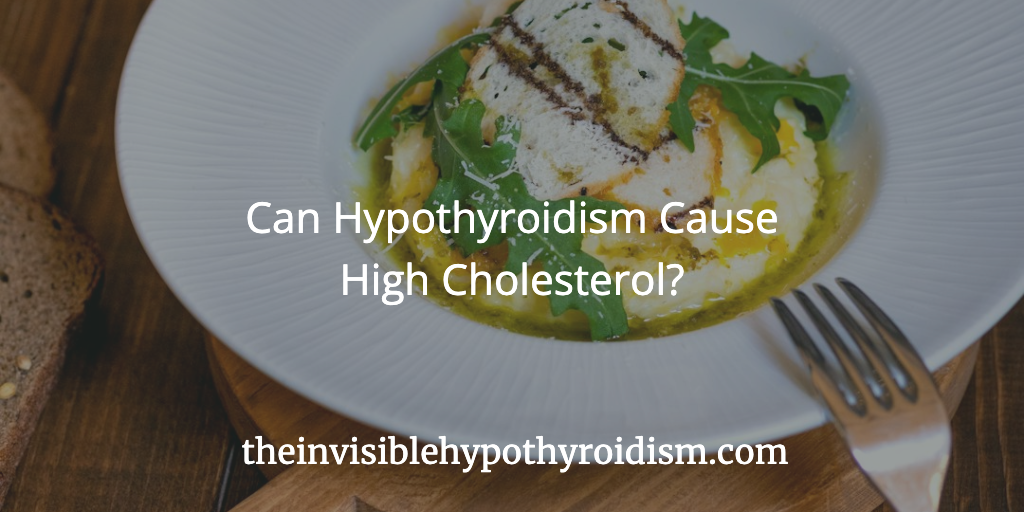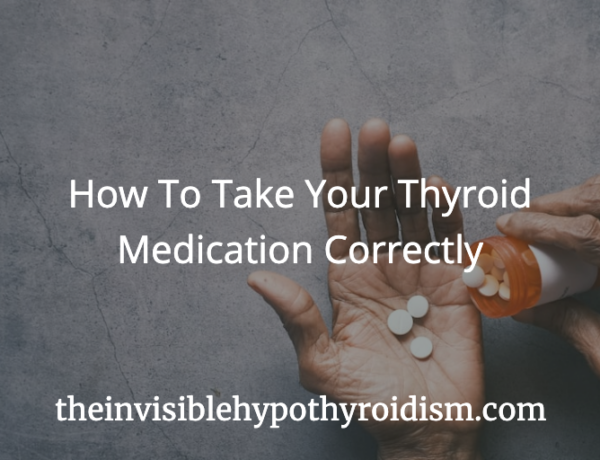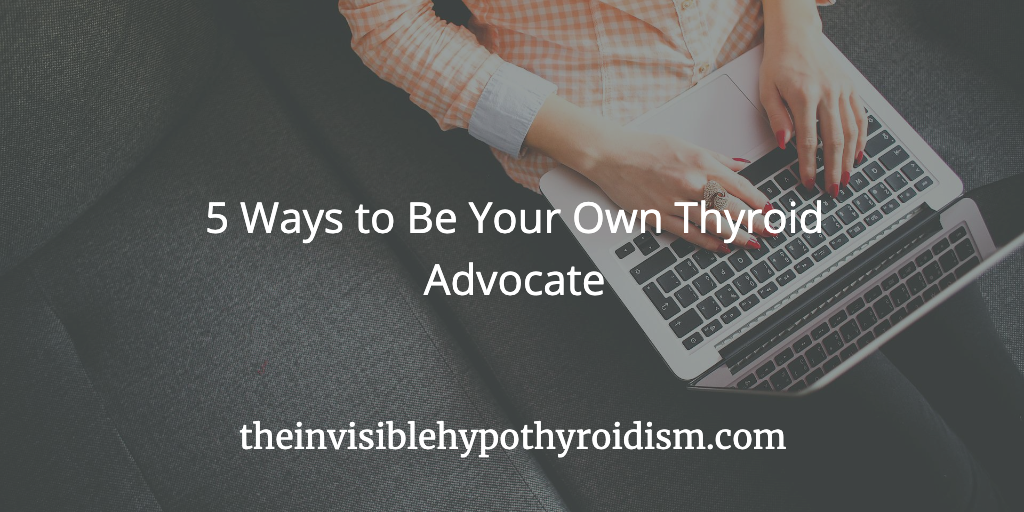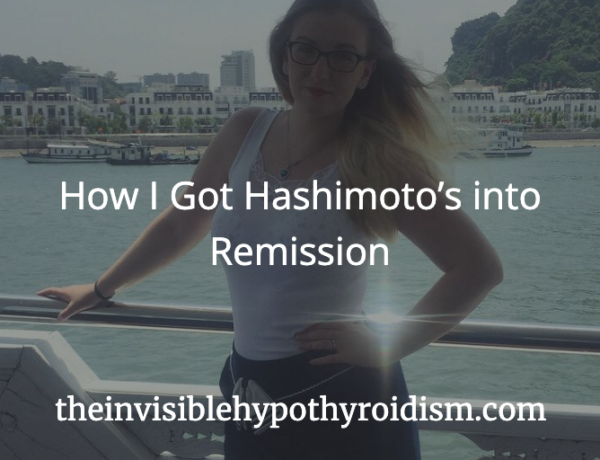Originally published on 19th September 2017 Last updated on 8th April 2024
Hypothyroidism is linked to cholesterol levels. An underactive thyroid or hypothyroidism can cause cholesterol to increase and you may not even be aware that this is the cause or a factor for your high cholesterol levels.
What is Cholesterol?
Cholesterol itself has a bit of a bad reputation, but it is actually important in hormone and nerve cell production and function. The problem is when we have too much bad cholesterol, which can begin to build in the arteries and raise the risk of heart attacks and strokes, among other heart issues.
LDL – The ‘Bad’ Cholesterol
Low-density lipoprotein (LDL) cholesterol, also known as the ‘bad’ cholesterol, is the culprit for those with high cholesterol levels. Levels of LDL should be below 3mmol/l.
HDL – The ‘Good’ Cholesterol
High-density lipoprotein (HDL) cholesterol, the ‘good’ cholesterol, transports and helps removes excess LDL causing arterial blockages. An ideal HDL level is greater than 1mmol/l.
So, ensuring we have healthy cholesterol levels is clearly important in maintaining good health. And those of us with hypothyroidism should be especially attentive to our cholesterol levels as hypothyroidism can impact this.
Hypothyroidism and Cholesterol
Around 13% of people with treated hypothyroidism also have high cholesterol levels.
The main purpose of thyroid hormones, produced by the thyroid gland, is to ensure the metabolism is running properly. The metabolism’s job is to produce heat and fuel but also to regulate cholesterol levels. So with reduced metabolic function comes poor processing of cholesterol, as the metabolism slows down from hypothyroidism, causing cholesterol levels to increase.
(By the way, you can find a UK test and US test online for cholesterol!)
Thyroid hormone levels don’t have to be extremely low to increase cholesterol levels. Even those with mildly low thyroid levels (subclinical hypothyroidism) can have higher than normal LDL cholesterol.
If you have hypothyroidism and are found to have high cholesterol, then treatment for the high cholesterol may be delayed to wait until your thyroid treatment is optimal, as this often brings the cholesterol levels down on its own and so removes the need for statins. [1] Statins are also more likely to cause muscle damage in people with an underactive thyroid (hypothyroidism). [2]
Optimal thyroid levels can be see here. However, many people on standard T4-only thyroid medication such as Levothyroxine and Synthroid, do not have optimal thyroid levels, but instead doctor’s just get them to be ‘in range’, which isn’t the same.
A research team headed by Elizabeth McAninch, MD, an assistant professor in the Division of Endocrinology and Metabolism, found higher cholesterol levels in the blood of hypothyroid patients treated with Levothyroxine, compared to healthy control subjects. [3]
Demonstrating the link between T4-only meds and cholesterol, too. The statistically significant difference held both in terms of total cholesterol (TC) and serum low-density lipoprotein (LDL), the so-called “bad cholesterol,” which increases the risk of heart disease.
A study from 1939 analysed cholesterol levels before and after NDT was given to 29 people with hypothyroidism. It found that cholesterol levels decreased in 100% of people and in some cases it dropped by 50% after taking one to two grains of NDT (60-120mg). When NDT was stopped in four people, their cholesterol started to rise again. [4]
What Can I Do?
As explained above, if thyroid levels aren’t optimised, which is particularly common when on T4-only medications as not all thyroid patients convert T4 to T3 effectively, this can lead to ongoing issues and symptoms, such as high cholesterol.
The doctor that headed the research mentioned above, also suggested this;
“It’s very well established that untreated hypothyroidism causes your cholesterol level to be higher… The study points us to the conclusion that levothyroxine therapy may not truly be normalizing these people,” who are using LT4 to replicate adequate thyroid function.
If your levels still remain high after optimising treatment, there are other things you can do to try and lower them.
Diet can play a big part, by reducing the amount of high-cholesterol foods you eat (such as those high in trans-fats and saturated fats)and increasing low-saturated fat and high fibre foods. You could also introduce food that specifically acts to lower cholesterol levels, such as spreads that contain sterols or stanols.
Omega 3 also increases ‘good’ HDL cholesterol and Omega 6 lowers ‘bad’ LDL cholesterol. So exploring supplementing these or increasing them in your diet may also help. However, those on blood thinning medications are advised not to take Omega 6 or Omega 3 supplements as they can increase the risk of bleeding. Omega 6 can be found naturally in vegetable oils, nuts, seeds, meat and eggs. Omega 3 can be found in soybean, rapeseed and flaxseed oil, nuts, seeds, green leafy vegetables and oily fish.
Vitamin B3, often added in to cereals (though can be supplemented), can also reduce LDL and increase HDL and aids prevention of heart disease.
Increasing your exercise levels, starting off slow and going gently, can also help to lower high cholesterol. Just remember to listen to your body and not overexert or push yourself, which can worsen hypothyroidism but also bearing in mind that high cholesterol increases your risk of heart attacks for example.
Losing even a small amount of weight can positively affect cholesterol levels.
Do you have high cholesterol and a thyroid condition?
You can click on the hyperlinks in the above post to learn more and see references to information given.
References:
[1] https://www.nhs.uk/Conditions/Cholesterol-lowering-medicines-statins/Pages/Special-considerations.aspx
[2] https://www.nhs.uk/Conditions/Cholesterol-lowering-medicines-statins/Pages/Special-considerations.aspx
[3] https://www.eurekalert.org/pub_releases/2018-08/rumc-sht082118.php
[4] https://www.ncbi.nlm.nih.gov/pmc/articles/PMC434922/







No Comments